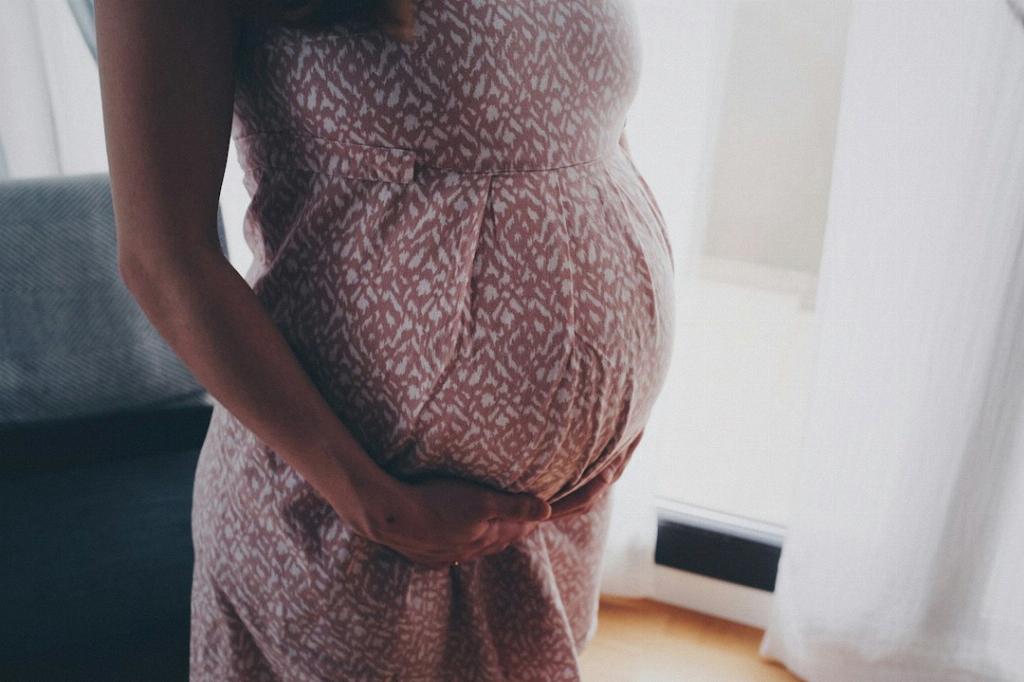During the first trimester of pregnancy, many women experience heightened levels of fatigue. This period, typically spanning the initial 12 weeks, marks a critical phase as the body undergoes significant changes to support the growth and development of the embryo. One of the key contributors to this fatigue is the rapid development of the placenta, which serves as the primary source of sustenance for the growing fetus.
Understanding the Peaks of Fatigue
The intensity of first trimester fatigue often peaks during the early weeks of pregnancy, around weeks 6 to 10. This period coincides with crucial milestones in the development of the placenta, as it establishes the necessary connections to the mother’s blood supply. As the placenta forms and begins its crucial role of supporting the fetus, the body’s energy demands increase, leading to heightened feelings of exhaustion during this time.
Factors Influencing Fatigue Levels
Several factors can influence the severity of fatigue experienced during the first trimester. Individual differences in hormonal levels, metabolism, and overall health can play a significant role in determining the extent of fatigue a woman may experience. Additionally, lifestyle factors such as sleep quality, nutrition, and stress levels can all contribute to fluctuations in energy levels during this critical phase of pregnancy.
Timing of Fatigue Throughout the Trimester
While fatigue is often most pronounced during the early weeks of the first trimester, it may persist to varying degrees throughout the entire 12-week period. As the body continues to adapt to the demands of pregnancy and the developing fetus, energy levels may fluctuate, with some women experiencing a gradual improvement in fatigue as the trimester progresses, while others may find it more challenging to overcome persistent tiredness.
Managing First Trimester Fatigue
To cope with the challenges of first trimester fatigue, it is essential for expectant mothers to prioritize self-care and energy conservation strategies. This can include ensuring adequate rest, maintaining a balanced diet rich in nutrients, engaging in gentle exercise, and seeking emotional support when needed. By listening to their bodies and recognizing the signs of fatigue, women can take proactive steps to manage and alleviate symptoms of exhaustion during the first trimester.
Seeking Professional Guidance
If fatigue becomes overwhelming or significantly impacts daily functioning, it is crucial for pregnant individuals to consult with healthcare providers for personalized advice and support. Healthcare professionals can offer tailored recommendations, monitor overall health and well-being, and address any underlying medical conditions that may be contributing to excessive fatigue during the first trimester.
Importance of Communication
Open and honest communication with partners, family members, and healthcare providers is key in navigating the challenges of first trimester fatigue. By sharing feelings and experiences, expectant mothers can receive the necessary support and understanding to help them cope with the physical and emotional demands of pregnancy. Building a strong support network can significantly alleviate the burden of fatigue and promote overall well-being during this transformative phase.
Embracing Self-Care Practices
Self-care practices play a crucial role in managing first trimester fatigue and promoting overall wellness. Taking time for relaxation, engaging in activities that bring joy and comfort, and practicing mindfulness techniques can all help reduce stress levels and enhance feelings of rejuvenation. By prioritizing self-care, expectant mothers can nurture their physical and emotional health, fostering a sense of balance and resilience throughout the first trimester.
Understanding the Emotional Impact
In addition to the physical demands of first trimester fatigue, it is essential to acknowledge the emotional impact it can have on expectant mothers. Feelings of frustration, guilt, or inadequacy are common responses to persistent tiredness, and it is crucial for individuals to recognize and address these emotions openly. Seeking support from loved ones, joining pregnancy support groups, or speaking with a mental health professional can provide valuable outlets for processing emotions and building resilience during this challenging time.
Looking Ahead: Second Trimester Optimism
While first trimester fatigue can present significant challenges, it is important for expectant mothers to remain hopeful and focused on the promising milestones ahead. As the body continues to adapt to the demands of pregnancy and the placenta fully matures to support the growing fetus, many women find a gradual improvement in energy levels as they transition into the second trimester. By embracing hope and optimism for the journey ahead, pregnant individuals can navigate first trimester fatigue with resilience and confidence.
Conclusion: Navigating First Trimester Fatigue
In conclusion, first trimester fatigue can be a common and challenging symptom of early pregnancy, with many women experiencing heightened levels of exhaustion as the body adjusts to the rapid changes of gestation. By understanding the contributing factors, seeking professional guidance, embracing self-care practices, and fostering open communication and emotional well-being, expectant mothers can navigate first trimester fatigue with resilience and grace. With a supportive network and a focus on holistic wellness, individuals can manage fatigue effectively and embrace the transformative journey of pregnancy with confidence and optimism.

